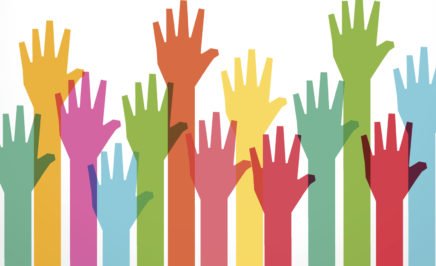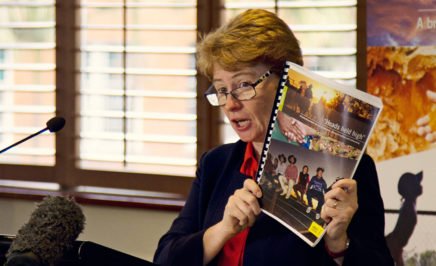The landmark ruling by India’s Supreme Court decriminalizing consensual same-sex relations is a historic step, which sends a message of hope not only to lesbian, gay, bisexual, transgender and intersex (LGBTI) people, but to everyone fighting for justice and equality, Amnesty International India said today.
“The judgment closes the door on a dark chapter of Indian history. It marks a new era of equality for millions of people in India. The remarkable victory today is a milestone in the three decade old struggle by the LGBTI community and their allies in India”, said Asmita Basu, Programmes Director, Amnesty International India.
On 6 September, a five-judge bench of the Supreme Court decriminalized consensual same-sex relations between adults. The Court’s unanimous verdict has upheld the right to equality, privacy, dignity and freedom of expression of all people regardless of their sexual orientation. The apex court added that any discrimination on basis of sexual orientation is a violation of fundamental rights guaranteed by the Indian Constitution.
“As Dr. Martin Luther King Jr. said, ‘the arc of the moral universe is long, but it bends toward justice’. Section 377 as it stood, violated basic human rights standards on equality, privacy and dignity. While today’s judgement answers the constitutional invalidity of Section 377, the struggle for the rights of LGBTI people continues, including in relation to marriage, adoption or inheritance,” said Asmita Basu.
Background
Section 377 of the Indian Penal Code – criminalizes “carnal intercourse against the order of nature”- is a 157-year-old archaic law. In the early 90s, rights groups began their tireless campaign to repeal Section 377.
In a historic judgement in July 2009, the Delhi High Court ruled that the outlawing of consensual adult same-sex relations violates basic human rights. The case challenging the constitutionality of Section 377 was initially brought by the Naz Foundation, an organization working on sexual health issues.
The pride struggle for equal rights further continued with the Delhi High Court judgement being overturned by the Supreme Court in 2013 stating that repeal is a matter for the Parliament and not the Judiciary. Several curative petitions were filed but not heard. The present verdict by the Supreme Court relates to a case comprising of a fresh petition that was filed by five petitioners, along with previous appeals and curative petitions that have been filed over the years.





